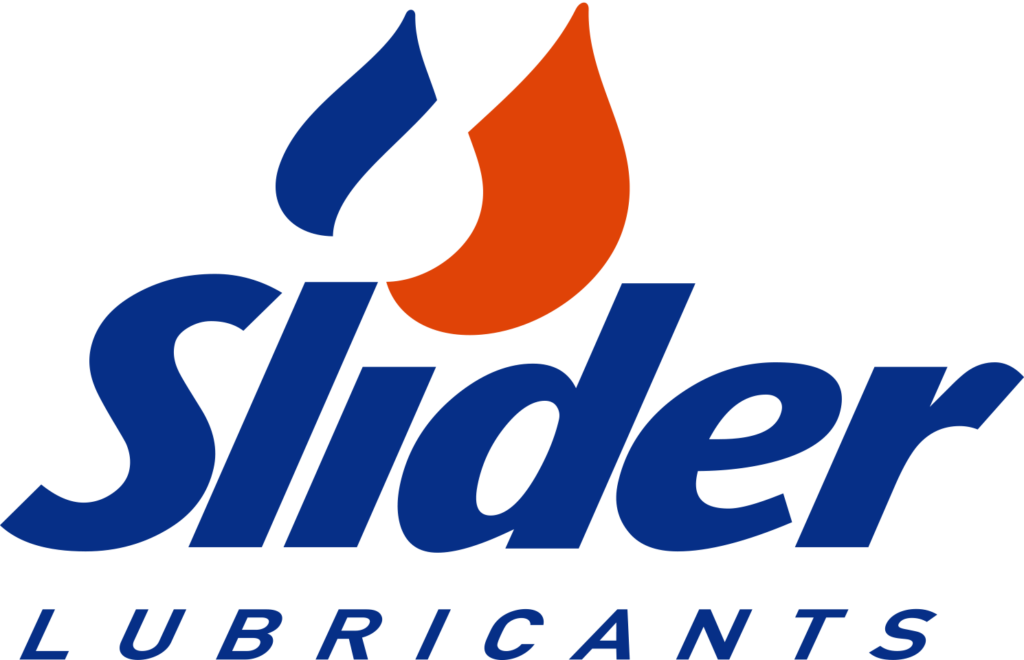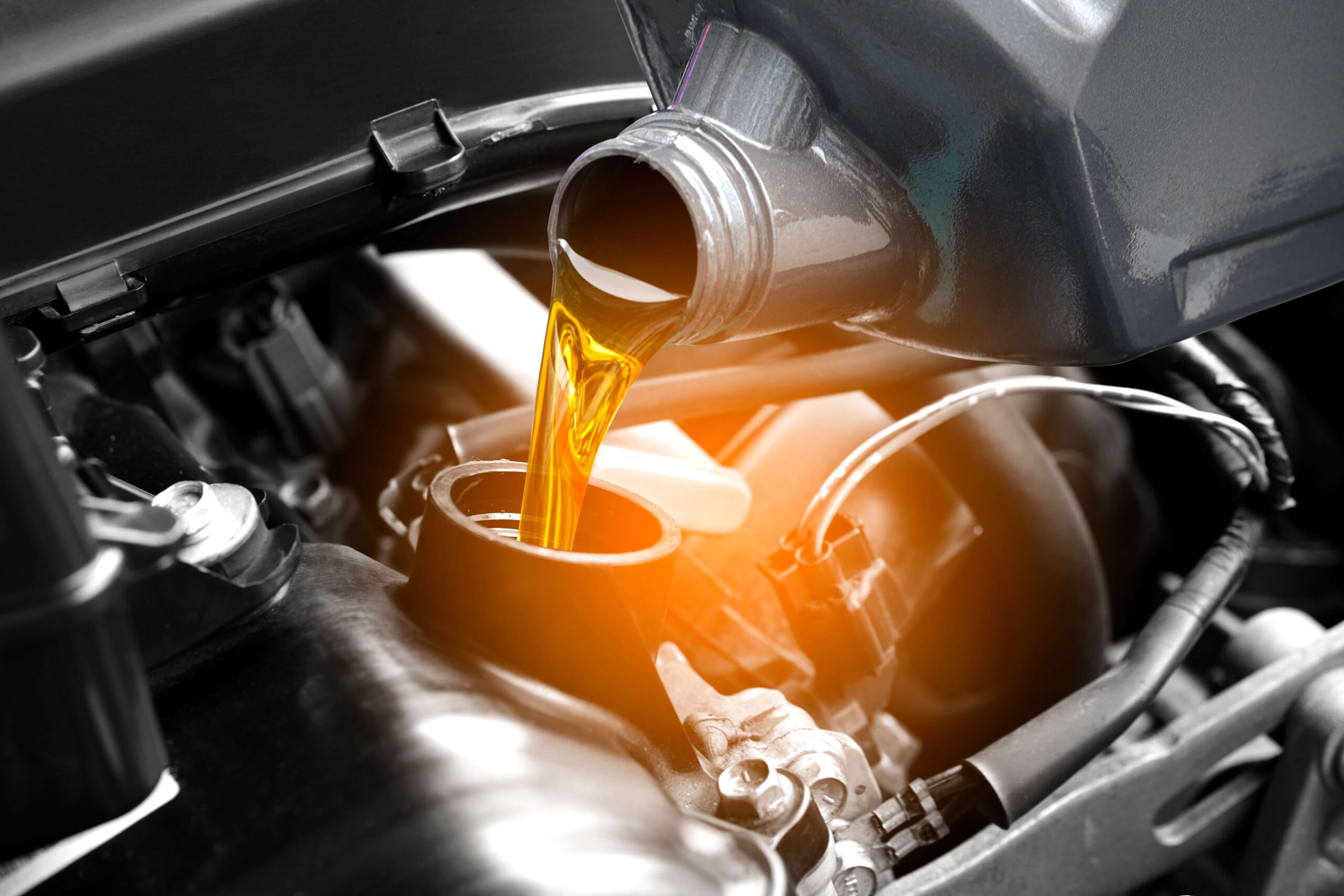
The Role of High-Quality Engine Oil / Lubricant in Modern Engines
This article analyzes why choosing the right oil is crucial for your engine’s efficiency, efficiency, and performance. Understanding the role and benefits of a premium engine lubricant is important for everyone who seeks to enhance their engine’s life and reduce maintenance costs.
Why is High-Quality Engine Oil Crucial for Your Vehicle?
High-quality engine oil serves as the lifeblood of your vehicle’s engine. It provides essential lubrication, reducing friction between moving parts and ensuring smooth operation. The right oil also helps in cooling engine components, preventing both overheating and potential damage.
One of the primary functions of a good engine oil is to provide lubrication to the moving parts within the engine. As an engine operates, numerous components move and interact with each other. Without lubrication, these parts create friction, leading to wear and tear, reduced engine efficiency, and potentially catastrophic engine failure. High-quality engine oil forms a protective film over these components ensuring the engine’s smooth operation.
As your engine runs, it generates a considerable amount of heat. Without proper cooling, this high temperature causes engine components to overheat leading to damage. High quality engine oil contains additives that help dissipate heat away from critical engine parts. This cooling effect is essential in preventing overheating, which can save you from costly repairs and keep your engine running at its optimal temperature.
Our suggestion: GENESIS CX – Premium quality, synthetic engine oil for passenger cars with extended drain intervals. Specially developed for engines equipped with exhaust after treatment systems, including particulate filters. Optimum cold starting . Low oil consumption. Minimum exaust emissions.
What Role Does Viscosity Play in Engine Performance?
Viscosity, the oil’s resistance to flow, is a key factor in its performance. The right viscosity ensures the oil can flow smoothly and lubricate engine parts effectively, even in extreme temperatures. Understanding ratings (like SAE 0W-20) is crucial for optimal engine performance.
Having the correct viscosity is paramount because it ensures that it can perform its duties under various conditions. Whether the engine is running in winter temperatures or summer heat, the oil needs to maintain its desired viscosity to provide lubrication. This means that the oil must flow smoothly in all situations, preventing friction and wear on engine parts.
Our suggestion: GENESIS FE 0W-20 – Ultra fuel economy synthetic engine oil for passenger cars. Specially developed for energy conserving gasoline engines. Ultimate cold starting performance. Fuel economy. Minimum exhaust emissions and maximum engine protection.
How Does The Right Engine Oil Contribute to Improved Fuel Efficiency?
Engine oil minimizes friction between mechanical parts, which in turn can enhance fuel efficiency. Using oil with the right rating and additives can lead to noticeable savings in fuel consumption, making high-quality engine oil an investment in your vehicle’s efficiency.
Friction is a natural consequence of parts moving against each other within the engine, and it can cause a significant drain on the engine’s energy resources. High-quality engine oil acts as a lubricant, forming a protective layer between these components. This reduces the frictional forces, allowing the engine to operate more smoothly and with less resistance. As a result, the engine expends less energy to function, leading to improved fuel efficiency.
The key to achieving these benefits lies in selecting the right engine oil. Viscosity determines the oil’s thickness and flow characteristics, ensuring that it can effectively reach and coat all the necessary components. Additives enhance the oil’s performance, offering better protection against wear, corrosion, and deposits. When combined, they result in an engine oil that not only lubricates effectively but also minimizes energy wastage because of friction, ultimately leading to noticeable savings in fuel consumption.
Our suggestion: GENESIS GF – Ultra fuel economy synthetic engine oil for passenger cars and light commercial vehicles with extended drain intervals. Specially developed for the Ford EcoBoost and Jaguar-Land Rover engines. Ultimate cold starting performance. Low oil consumption. Minimum exhaust emissions and maximum engine protection.
Can the Right Motor Oil Reduce Emissions?
High quality engine oil can help reduce emissions and it’s an integral part of performance and efficiency. By ensuring optimal engine performance and reducing friction, these oils contribute to clean and efficient combustion, reducing the engine’s environmental impact.
Premium quality engine oil lubricates moving parts with greater effectiveness, reducing the energy lost to friction. This means that the engine can operate smoothly, maximizing its power output and minimizing wasted energy. As a result, fuel is burned more efficiently, generating fewer harmful emissions like carbon monoxide (CO), nitrogen oxides (NOx), and hydrocarbons (HC). A well-maintained engine with the right engine oil experiences less tear, which extends its lifespan and reduces its environmental impact by minimizing the need for resource-intensive manufacturing and disposal processes.
Our suggestion: GENESIS C5 – Top tier, premium synthetic engine oil for modern passenger cars with extended drain intervals. Ultimate cold starting performance. Low oil consumption. Minimum exhaust emissions and maximum engine protection. Outstanding fuel economy performance due to revolutionary molybdenum and organic friction modifier chemistry.
What is the Impact of Oil Lubrication on Engine Life?
Regular use of the right engine oil can significantly extend the life of your engine LINK (https://slider.gr/products/engine-lubricants/passenger-car-light-truck-engine/). By minimizing wear and tear and preventing the buildup of deposits and sludge, high-quality oil keeps your engine running smoothly for longer.
The right engine oil serves as a protective barrier, reducing friction and minimizing erosion on critical engine components. This enhances the engine’s overall efficiency and prevents premature deterioration, ensuring that your engine can function optimally for an extended period.
High quality motor oil plays a pivotal role in preventing the accumulation of harmful deposits and sludge within the engine. These deposits can impede the smooth operation of the engine, reduce fuel efficiency, and potentially lead to costly repairs. Proper lubrication helps to keep the engine clean and free from such contaminants, thereby promoting its longevity.
Our suggestion: GENESIS C3 5W-30 Synthetic engine oil for passenger cars with extended drain intervals. Specially developed for engines equipped with exhaust after treatment systems, including particulate filters. Optimum cold starting. Low oil consumption. Minimum exhaust emissions. Superior engine protection.
What are the Consequences of Using Low-Quality Engine Lubricant?
Using cheap or low-quality oil can lead to increased engine wear, higher fuel consumption, and a greater risk of engine damage. Over time, this can result in costly repairs and reduced engine life.
When you opt for cheap or subpar oil, several adverse effects can occur. Firstly, low-quality lubricants may lack the necessary additives and detergents found in higher-quality oils, making them less effective at reducing friction and preventing wear within the engine. As a result, your engine experiences increased erosion, potentially leading to premature damage and reduced performance.
Low-quality lubricants often have inferior properties, which can lead to higher fuel consumption. Thicker or thinner oil than recommended by your vehicle’s manufacturer can decrease fuel efficiency and increase operational costs over time.
Ultimately, the cumulative effects of using substandard engine lubricants can manifest in costly repair bills and a significantly shortened engine lifespan. To avoid these consequences and ensure the optimal health of your vehicle, it’s crucial to invest in high-quality engine lubricants that meet your vehicle’s specifications and adhere to regular maintenance schedules.
Key Takeaways:
- High-quality engine oil is crucial for reducing friction, enhancing fuel efficiency, and prolonging engine life.
- Understanding oil viscosity and specifications is vital for optimal engine performance.
- Regularly changing engine oil, as per manufacturer recommendations, is essential for maintaining engine health.
- Using the right engine oil can also contribute to lower emissions, protecting the environment.
- Even in modern vehicles, the role of high-quality engine oil remains indispensable for ensuring smooth and efficient engine operation.








